
Generation Z is the current label for those who follow the millennials. They have yet to receive a catchy moniker, and people have yet to agree when this generation began. Some say the mid 1990s while others begin in the early 2000s.
Whatever we end up calling them and whenever they began, this cohort shares some interesting characteristics.
· While millennials are known for oversharing on social media, Generation Z values their privacy. They are more apt to turn off GPS locators on their phones and use social media that self-destructs (Snapchat).
· They prefer image-laden forms of communication (Instagram).
· They suffer from FOMO (fear of missing out), so the speed of response is valued over accuracy. Maybe this is giving rise to the sentiment that “Texting is a brilliant way to miscommunicate what you feel and to misinterpret what other people mean.”
· Their attention span is much shorter than that of millennials, and therefore they seek “snackable content.” They give something a glance, and if it appears too much to read, they move on.
· Nearly two-thirds say that online gaming is their favorite form of entertainment. They’re driving the Twitch phenomenon, which is a gaming/e-sports social network.
· When not in school, they’re virtually always online.
· They’re quite sedentary, and health issues and obesity will be a concern.
· They care about the world and want to be involved in causes that make a positive impact.
I have no answer as to how to best connect with Generation Z, but it is clear that it will be different than with previous generations.
What I do know is that it may be time to end our fixation with millennials (of which I’m guilty!) and broaden our focus. We risk being so obsessed with one generation that another generation may pass us by.
Michael S. Bos

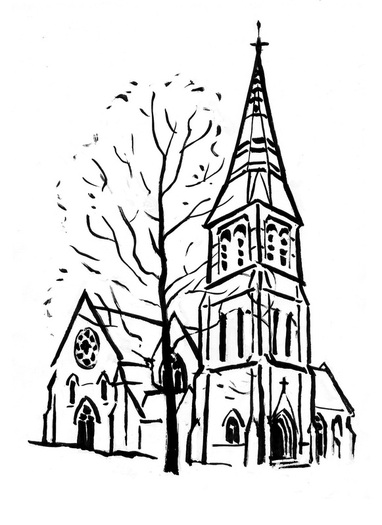

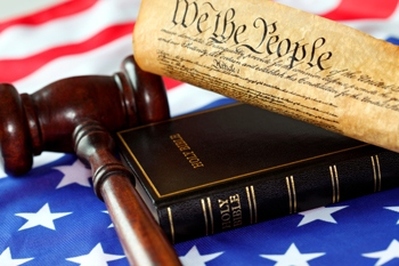
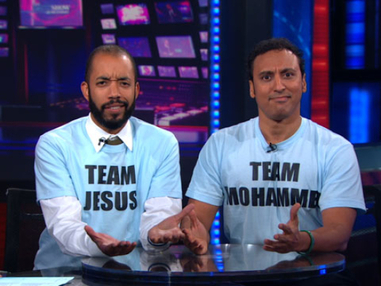

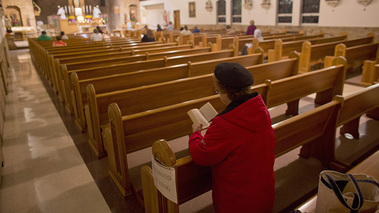
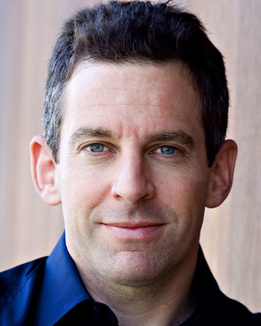

 RSS Feed
RSS Feed
